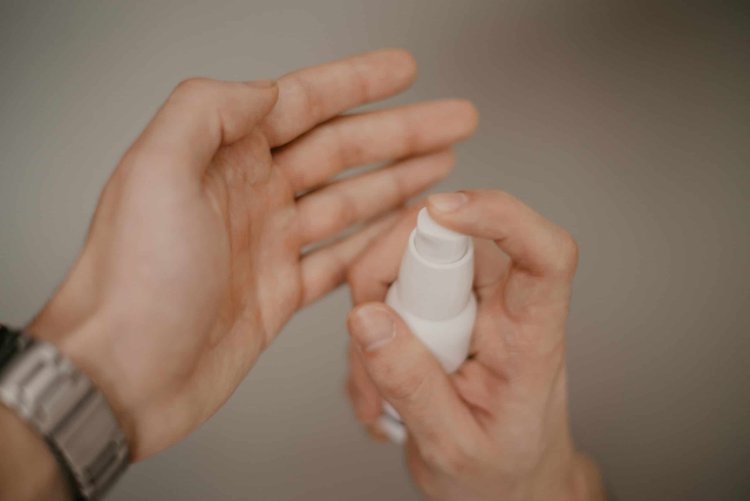Ferulic Acid - Benefits And Side Effects

With stronger antioxidant activity than vitamins C and E, it is worth finding in your beauty routine.
Every few months, a new active ingredient emerges as the hero of every renowned and beauty blogger's skin care routine, gaining a spot on the ingredient list of every skin care product. The title was passed on to retinol in the winter of 2020, then to vitamin C, and finally to niacinamide. Everyone is buzzing about ferulic acid, which, while being a "acid," is quite gentle on the skin and can be included into any routine.
Ferulic acid is available as a supplement as well as in anti-aging serums. It is primarily used to combat free radicals, which contribute to age-related skin disorders such as age spots and wrinkles.
It's also available as a supplement for everyday usage. According to certain research, ferulic acid may be beneficial to persons with diabetes and pulmonary hypertension.
However, ferulic acid pills do not appear to be as effective for skin health as ferulic acid serums.
What is ferulic acid?
Ferulic acid is an antioxidant that occurs naturally in the cell walls of many plants, including oats, wheat, and rice, but is frequently synthesized in the laboratory for economic reasons.
What are its useful properties?
Because ferulic acid prevents or delays the destruction of collagen and elastin, which maintain skin tissues and create wrinkles, it may be used to skin care programs. Furthermore, as a powerful whitening agent, it increases skin suppleness and reduces irritation while preventing and treating dark spots.
What are its side effects?
Ferulinic acid, in general, is a safe active component for all skin types. It may cause irritation to sensitive skin in rare cases, thus as with other components, it is advised that you test it before usage.
How can ferulic acid be included in your routine?
Because it has been demonstrated to stabilize and double the efficacy of other active components, such as vitamins C and E or resveratrol, it is recommended to incorporate it into your skin care regimen with a product that contains them. Favorite alternatives include serums Resveratrol 3% + Ferulic Acid 3% from The Ordinary.




























